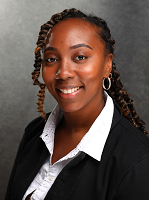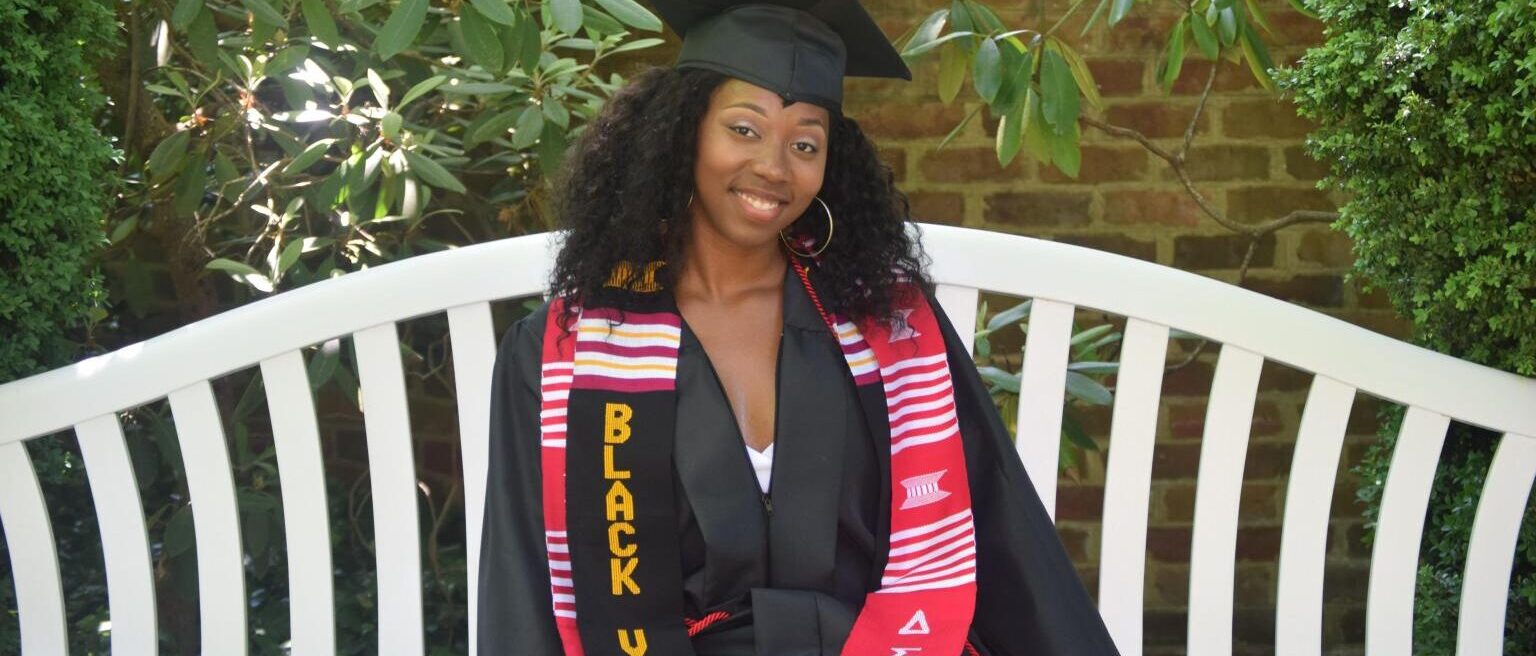W.E.B Du Bois described education as the gatekeeper of access because he believed education was the key to opportunities and socioeconomic mobility. Lack of education perpetuates poverty, particularly for marginalized communities facing systemic disenfranchisement and limited economic mobility. I understood this concept at 12 years old when I committed to go to college and create a better future for myself and my family. Although college may not be the only way to build wealth, I saw it as my best chance to bring my family out of poverty.
I also understand that the path to higher education is different for everyone and more difficult for some of us than others. I have watched the school system push classmates out as if they are incapable of success. In my educational journey, I have struggled to navigate a system not made for someone like me. I have never been a traditional student. The education system assumes that students have the resources to focus and dedicate their lives to being students. With no generational wealth or parental assistance, I have maintained a job since I was 15. I completed my undergraduate degree despite juggling a part-time job and school full-time.
I am a first-generation college graduate. Experiencing imposter syndrome as a first-generation college student is a real and scary phenomenon. Imposter syndrome occurs when someone feels they don’t deserve to be in specific spaces. This can happen when they doubt their abilities and achievements. As a young Black woman from a small coal town in West Virginia with limited resources, entering the academic space of my undergraduate institution was daunting. This made me feel even more anxious and uncertain despite being a National QuestBridge Scholar, a National Coca-Cola Scholar, and a Jackie Robinson Scholar.
I am currently pursuing my Ph.D. in Educational Psychology, specializing in Human Development, Culture, and Learning Sciences, and I am still fighting this inner conflict in my 5th year of graduate school. There’s always a little voice inside you, trying to convince you that it will be impossible to achieve your dream because of where you come from. However, I have surrounded myself with mentors, particularly women of color, encouraging me not to let those fears stop me. For people like me, the battle for socioeconomic mobility is ongoing in ways that are not always visibly apparent. It is essential that people like me finally get a seat at the table and lift as we climb.
Upon graduating with my Bachelor of Arts degree from the University of Virginia, I served two years with the College Advising Corps and AmeriCorps as a college adviser, promoting college-going culture in Virginia communities with low college enrollment and completion rates. I served as a College Adviser at Martinsville High School in Martinsville, VA, a predominantly African American high school in the rural town of Martinsville, VA. My background allowed me to connect with my students personally while providing an image of a Black woman from a similar background who has continued to defy the odds and overcome personal circumstances.
As a Black student in higher education, I was forced to confront the truth about the education system and how it does not account for the differences in a child’s developmental context – their community, culture, and socioeconomic status. My goal in graduate school is to study learning and the conditions that allow students, particularly Black students, to learn best. As I enter the dissertation phase of my degree, I hope to study how the Black student population has grown and thrived at historically White institutions because of the creation of Black spaces and networks in the Black campus community. Despite discrimination and potentially poor campus racial climate, Black students on these campuses have remained resilient, creating their own connections, communities, spaces, and legacies.
My research aims to deepen our understanding of how to improve the Black student experience within the changing landscape for diversity and equity at public universities. However, research should not remain in a theoretical bubble and should impact and improve everyday lives. I’m thrilled to join the Trellis Foundation, which helps turn research into practical solutions. I am ecstatic about my fellowship with the Foundation, an organization committed to supporting and improving postsecondary attainment for low-income students and students of color in Texas.
About the Author

Shamecca Perkins is a fifth-year doctoral student in Educational Psychology at The University of Texas at Austin and is the newest Graduate Fellow at the Trellis Foundation. She is also a Graduate Research Assistant at the Meadows Center for Preventing Educational Risk, where she manages follow-up testing for a word-problem math intervention in the Austin Independent School District.
As a first-generation college graduate, Shamecca is passionate about education accessibility and equity for low-income and BIPOC students. Before moving to Austin, TX, to pursue her Ph.D., she served as a college adviser in rural Virginia with the Virginia College Advising Corps. As an adviser, she assisted students through the journey to higher education.
Shamecca graduated from the University of Virginia with a B.A. in Psychology and Spanish. She also has an M.Ed. in Quantitative Methods from the University of Texas at Austin and is anticipating completing her dissertation and doctoral degree in May 2025.

